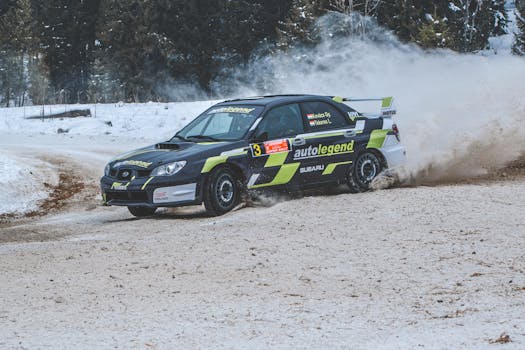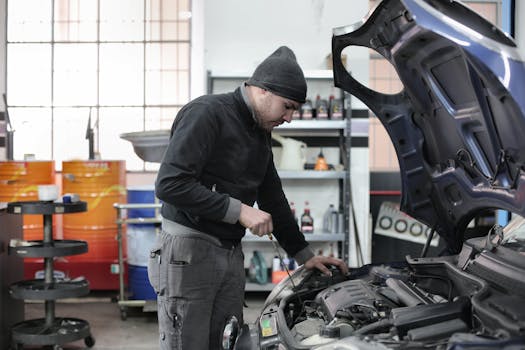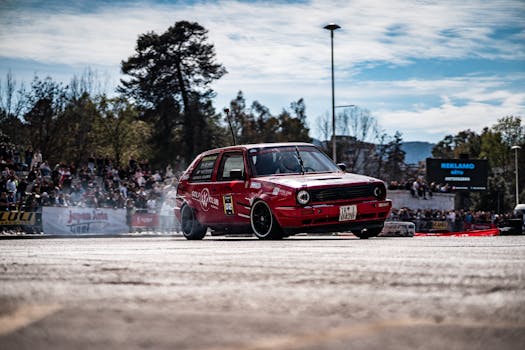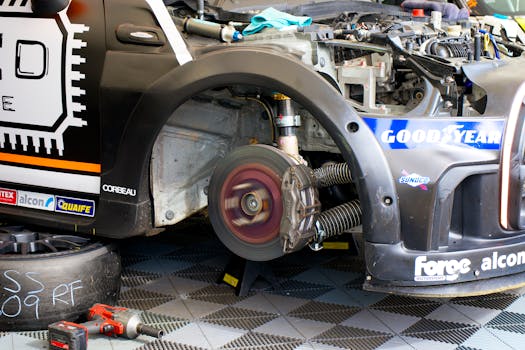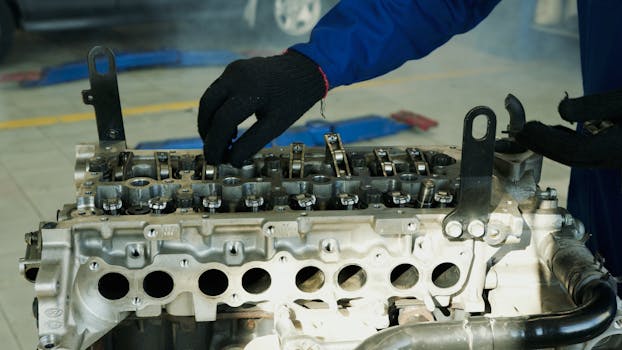You can apply to do a Passenger Transport Driver Level 2 Intermediate Apprenticeship, with a bus or coach company.
You will need to hold at least a Category B (car driving licence) to start training.
The apprenticeship typically takes 12 months to complete and combines workplace training with off-the-job study.
Entry requirements
You'll usually need:
- some GCSEs, usually including English and maths, or equivalent, for an intermediate apprenticeship


